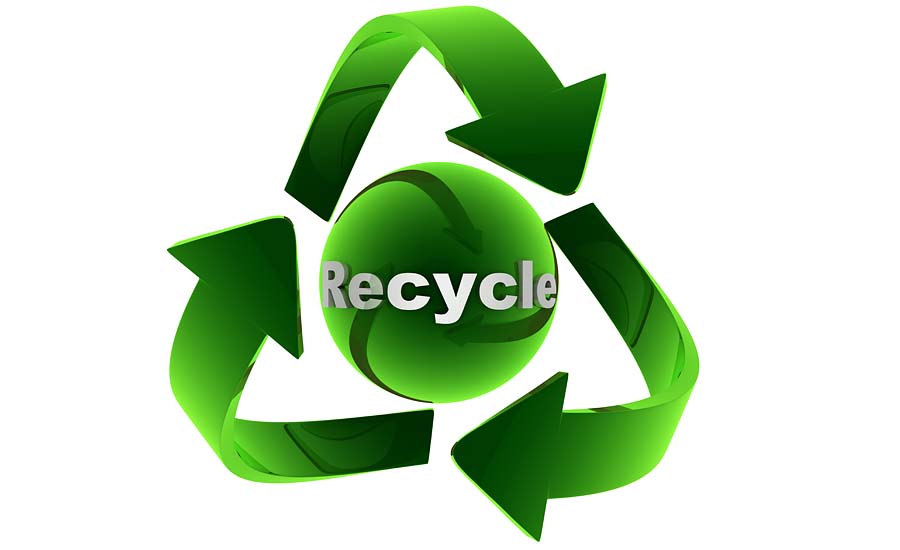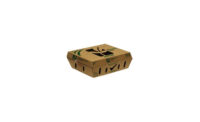Nestlé announces initiative to reduce plastic waste
Between 2020-2025, Nestlé will phase out all plastics that are not recyclable or are hard to recycle for all its products worldwide.

Nestlé USA, Arlington, Va., released its broader vision to achieve a waste-free future and announced a series of specific actions toward meeting its commitment to make 100% of its packaging recyclable or reusable by 2025, with a particular focus on avoiding plastic waste.
"Our broader vision and action plan outline our commitment and specific approach to addressing the plastics packaging waste issue,” says Mark Schneider, chief executive officer.
In line with this approach, Nestlé announced steps to pioneer alternative materials, shape a waste-free future and drive behavior change.
Pioneering alternative materials
In December 2018, Nestlé opened the Institute of Packaging Sciences to evaluate and develop various sustainable packaging materials and to collaborate with industrial partners to develop new packaging materials and solutions.
Between 2020-2025, Nestlé will phase out all plastics that are not recyclable or are hard to recycle for all its products worldwide. In doing so, Nestlé rolled out alternative packaging materials across its global product portfolio and is establishing partnerships with cutting-edge packaging specialists:
- Starting in February, Nestlé will begin to eliminate all plastic straws from its products, using alternative materials like paper as well as innovative designs to reduce littering.
- Nestlé will also start rolling out paper packaging for Nesquik in the first quarter of 2019 and for the Yes! snack bar in the second half of 2019. Smarties will start rolling out plastic-free packaging in 2019, and Milo will introduce paper-based pouches in 2020.
- Nestlé Waters will increase the recycled PET content in its bottles to 35% by 2025 at the global level and will reach 50% in the United States, with a specific focus on its Poland Spring brand. In addition, Nestlé Waters will increase the recycled PET content for its European brands Acqua Panna, Buxton, Henniez and Levissima to 50% by 2025.
- Nestlé Institute of Packaging Sciences is exploring new paper-based materials and biodegradable/compostable polymers that are also recyclable, among other alternatives. This could become a valuable option in places where recycling infrastructure does not yet exist and may not be available for some time.
- Nestlé is also collaborating with external partners. For example, it formed a global partnership with Danimer Scientific, Bainbridge, Ga., to develop a marine biodegradable and recyclable bottle for its water business.
- Nestlé initiated a collaboration with PureCycle Technologies, Chicago, to produce food-grade recycled polypropylene (PP).
Shaping a waste-free future
Over and above delivering on its 2025 commitment, Nestlé has a longer-term ambition to stop plastic leakage into the environment across its global operations. This will help avoid further accumulation of plastics in nature and achieve plastic neutrality.
Therefore, Nestlé is said to become the first food company to partner with Project STOP, which launched in Indonesia in 2017. Project STOP is an initiative to prevent the leakage of plastic into the ocean by developing partnerships with cities and governments in Southeast Asia.
Driving new behavior
Nestlé is committed to leading lasting and impactful change. That’s why:
- All 4,200 Nestlé facilities worldwide are committed to eliminating single-use plastic items that cannot be recycled. These items will be replaced by materials that can easily be recycled or re-used. For recyclable materials such as PET and aluminum, Nestlé will ensure that the proper means to collect and handle are available where consumed and our commitment to recycling is well communicated.
- Nestlé employees in all locations worldwide and at all levels will dedicate their volunteering days to the removal of litter and participate in clean-up activities on World Ocean Day on June 8. To lead the way, Nestlé’s executive board and employees at the company’s global headquarters in Switzerland will volunteer to clean the shores of Lake Geneva in May.
Looking for a reprint of this article?
From high-res PDFs to custom plaques, order your copy today!




